Maximize Recovery: How Carbs Help You... Not Hurt You.
Many of us have heard the wives tale that carbs are bad, but in reality, they are essential for maximizing our recovery potential. Keep reading to explore how carbs aid in post-workout recovery and enhance performance, and to see how we dispel the myth that they lead to weight gain.
The Role of Carbs in Post-Workout Recovery and Preworkout Nutrition
When it comes to post-workout recovery, carbohydrates play a vital role in replenishing glycogen stores and refueling the body. During a workout, our muscles use up glycogen as a source of energy. Consuming carbs after a workout helps to restore these glycogen levels, allowing us to feel energized for our next workout.
Additionally, the repair of microtrauma that occurs in muscles during a workout requires an influx of nutrients to support recovery. Carbs assist in nutrient flow, ensuring that our muscles have the necessary resources for optimal recovery.
Furthermore, consuming carbs post-workout can lead to improved athletic performance. As glycogen provides energy for high-intensity activities, replenishing glycogen stores with carbs can increase power and endurance during future workouts.
It is important to note that not all carbs are created equal. The quality and timing of carb intake can greatly impact their effectiveness. In the next section, we will discuss how to determine the appropriate carb intake for optimal recovery.
Finding the Right Carb Intake for Optimal Recovery
When it comes to determining the appropriate carb intake for post-workout recovery, there are a few factors to consider. First and foremost, it's important to replenish glycogen stores depleted during exercise. The amount of glycogen needed varies based on individual factors such as body weight and exercise intensity, but a general rule of thumb is to consume 0.5 to 0.7 grams of carbs per pound of body weight within 30 minutes after a workout.
Second, nutrient timing is crucial for optimal recovery. Consuming carbs post-workout with your protein enhances nutrient flow to support muscle repair and growth. Aim to get these in within 30 minutes of finishing your workout.
Finally, it's essential to choose quality sources of carbs. Opt for complex carbohydrates such as whole grains, fruits, and vegetables. These foods provide fiber and essential nutrients to support overall health and facilitate sustained energy throughout the day. If you try to use sugary carbs post workout, you are not maximizing your recovery window and are only giving yourself bad calories that you're going to have to work extra hard for to lose.
Incorporating Carbs into Your Post-Workout Routine
Now that we understand the benefits of consuming carbs after a workout, let's explore some practical ways to incorporate them into our routine.
Firstly, it's essential to choose quality carb sources such as whole grains, fruits, and vegetables. These provide not only carbs but also nutrients and fiber. It's best to avoid processed carbs like sugary drinks and snacks.
It's also essential to consider nutrient timing. Consuming carbs within 30 minutes to an hour after a workout can optimize glycogen replenishment and nutrient flow. However, if you're unable to eat a meal or snack immediately after exercise, don't worry. Your body will still replenish glycogen, just at a slower rate.
Finally, remember that carb intake varies based on individual needs and goals. Factors like the intensity and duration of the workout, body weight, and training schedule all play a role. Experiment to find the optimal carb intake for you. Incorporating balanced meals or snacks that include quality carb sources and considering nutrient timing can effectively support recovery and refueling after a workout.
Debunking the Myth of Carb-Induced Weight Gain
We've often been told that carbs are the enemy when it comes to weight loss, but that's simply not true. In fact, consuming carbs after a workout can aid in muscle recovery and prevent muscle wasting, which can actually support weight loss efforts.
The carb-induced weight gain myth is one of the most persistent diet myths out there. It's been perpetuated by low-carb diet fads for years, and it's led many people to avoid carbs altogether in an attempt to lose weight. Despite what you may have heard, carbs are an essential part of a healthy diet. Your body needs carbs for energy, and they're also a great source of vitamins, minerals, and fiber.
The bottom line is that carbs are not the enemy when it comes to ALL realms of fitness. As you've learner here, they are great for both muscle gain and fat loss. So next time you're at the gym, don't forget to refuel with some carbs afterwards. Your body will thank you for it.





